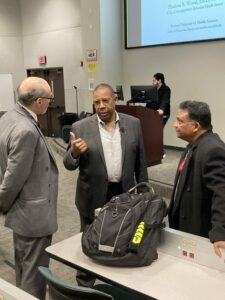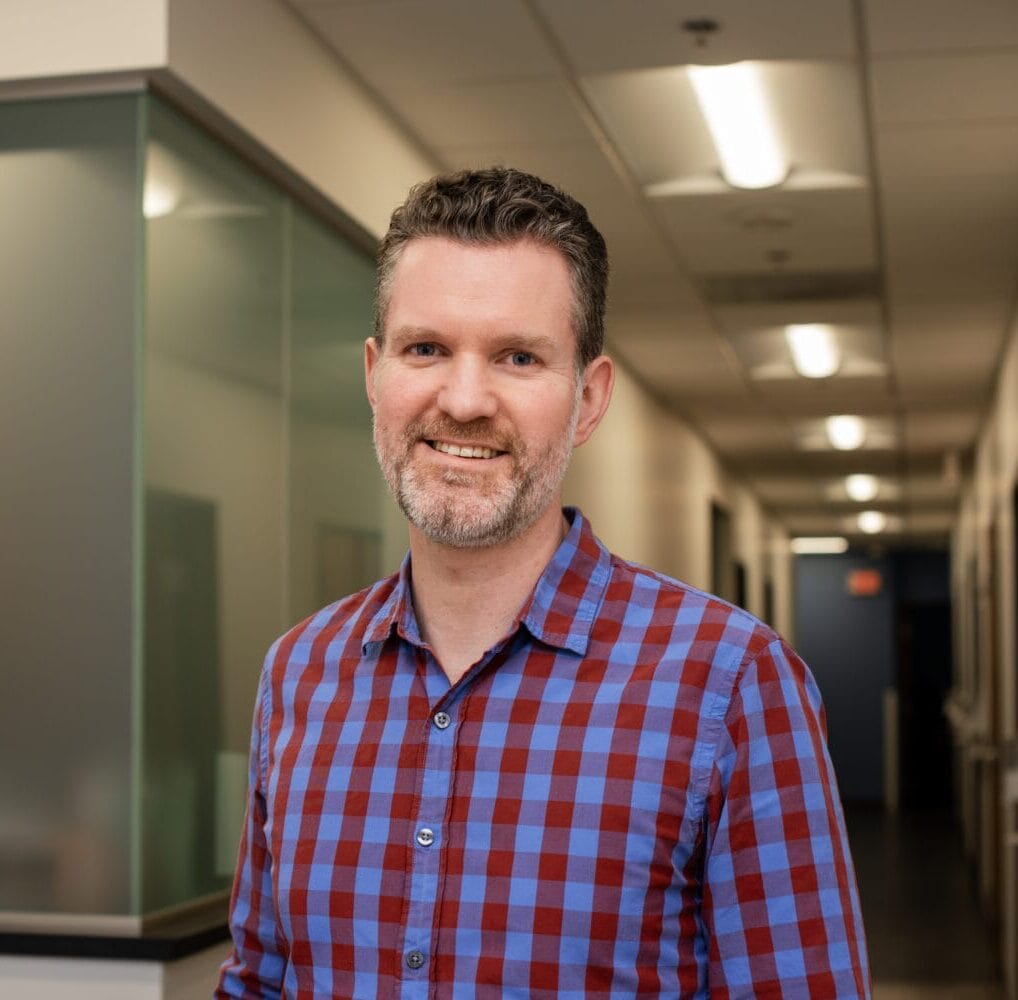WesternU Black History Month event focuses on tolerance, trauma and healing

Phaizon R. Wood, EdD, MFT, a consultant, educator and psychotherapist specializing in trauma, presented “Opening the Window of Tolerance: Finding a balance between hope and despair” at Western University of Health Sciences’ Black History and Education Month event Feb. 26, 2024.
The event was organized by the WesternU Office of Humanism, Equity, and Anti-Racism (HEAR) in WesternU California’s Health Professions Center with livestreaming to WesternU Oregon. Dr. Wood’s presentation took inspiration from the WesternU motto “To Teach, To Heal, Together.”
“I like that a lot. I also think that it’s revolutionary in terms of what it takes to teach and to heal and to be together in doing that, both with your colleagues and with your friends and family,” he said. “Trying to take this mission on is not an easy thing.”
To quote Johann Wolfgang von Goethe, “Tolerance should, strictly speaking, be only a passing mood; it ought to lead to acknowledgement and appreciation. To tolerate a person is to offend him.”
“Think about how much time we spend congratulating ourselves about being tolerant, like it’s a good thing. It’s literally the least we could do from Goethe’s point of view,” Wood said. “I think tolerance is important and it’s not an easy thing. The problem with tolerance is it leads to denial.”

Trauma is extraordinary because it overwhelms the ordinary adaptations to life. Trauma involves feelings of intense fear, helplessness, loss of control and threats to life, Wood said. But there are also smaller traumas that we deal with every day that affect us.
“This is what I think about ‘To teach, to heal, together,’ that every relationship and every interaction we want to be thinking about can we make this a healing one for ourselves and for other people,” Wood said. “That means being honest, being clear, and trying to be willing to see the other person as much as possible as genuinely as possible.”
That requires the establishment of a sense of safety.
“You are safe with me, I’m listening. I care. If I don’t understand, I’m going to tell you I don’t understand, and I’m going to sit and wait and listen to hear what you’re thinking,” Wood said. “We’re going to then build some way to share what’s happened, remember how we were hurt and mourn that loss of an opportunity to be understood. And then try again and then reconnect because our mission is every day, every interaction, to teach, to heal, together.”



